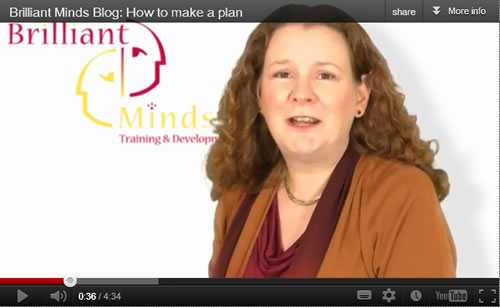Well, you may already have heard that I’ve got a major birthday this week. Generally, I like to celebrate my birthdays and really mark the occasion in some way.
And this one is no exception. In fact, I’ve got three different celebrations planned, spreading out my birthday over 10 days!
I’ve also been reflecting a lot on this ‘end of decade’ birthday and my feelings about it. In general, I don’t have any concerns about getting older. I have antecedents on both sides of my family who lived well into their 90s and, given that I’ve had the benefit of a more affluent upbringing than they had, and better healthcare along the way, I confidently expect to live to 100!
What’s been on my mind, is just how much the world has changed since I was a child.
So, just for fun, here are ten things that I’m happy to have experienced, that just don’t happen any more…
(If you have no idea what some of these mean – ask your mum and dad!)
- In the village school I attended when I was 7 years old, we had lessons in italic handwriting using fountain pens with special nibs. I still enjoy putting pen to paper and particularly like using a fountain pen.
- When I was a child, television was only available for part of the day. There were long periods of time when the only thing you saw if you switched on ‘the box’ was the Test Card. The ‘off’ switch is still my favourite part of a TV!
- When I was a teenager, if your boyfriend wanted to dump you, he had to do it to your face. Okay, it wasn’t pleasant that I also had to tell him to his face when it was over, but at least we learned how to deliver bad news in person.
- When I took my Maths O-level (yes, O-level, not GCSE), I was part of the last year group that was not allowed to use a personal calculator in the exam. Mental arithmetic was important and we were proud of what we could calculate in our heads.
- I remember the thrill of going to the cinema to see the original ‘Star Wars’. It was ground-breaking stuff!
- At University, I wrote essays by hand and tutors scrawled over them by hand. Final year projects and dissertations were usually typed up by professionals. In my final year I was studying Artificial Intelligence and the use of computers in psychology. My tutor introduced me to the new Word Processing and I typed up my own dissertation on the University mainframe!
- And speaking of University, I was really fortunate to get a full grant for my University place. Tuition fees were paid by the Local Authority and I also received a grant for living expenses. I graduated with a small overdraft, but no huge burden of debt such as experienced by most of today’s students.
- Early in my career, I had a job where I had the exclusive use of a PA. She used to open the day’s post and when I’d read it I’d dictate replies to her, which she took down in shorthand and typed up on an electric typewriter. We got our first pcs when I’d been in the job for a year, but I still dictated most of my correspondence to my PA. (I’m not all that old, really!!)
- In that same job, I travelled a lot. Keeping in touch with home meant either using expensive hotel phones or leaving contact numbers before I set out. It was a real thrill when the bedside phone rang, having been out of touch all day.
- I started going to theatre at a young age. I have a collection of programmes from the Royal Shakespeare Company going back to 1977. I saw Ian McKellan and Judi Dench in Macbeth. And Jonathan Pryce’s iconic Petruchio. I saw Glenda Jackson play Cleopatra. I fell in love with Ralph Fiennes playing Henry VI. I remember Kenneth Branagh’s Henry V and Michael Hordern’s Prospero. I could go on. And on. And on, taking in David Tennant’s Hamlet and Al Pacino’s Merchant of Venice along the way. What a privilege to have seen some of the world’s finest actors live on stage!
So, the world keeps changing and new technology shifts the way we live our lives. I’m ‘writing’ this blog post on a touch-screen pc and you’ll be reading it electronically too. My cloud-based mailing list system means that you’ll get a personal reminder to view my blog this week and you can comment on my writing for all the world to see.
What a long way we’ve come from my handwriting lessons!
How I still treasure the fountain pen my Dad gave me when I passed my O-levels!







